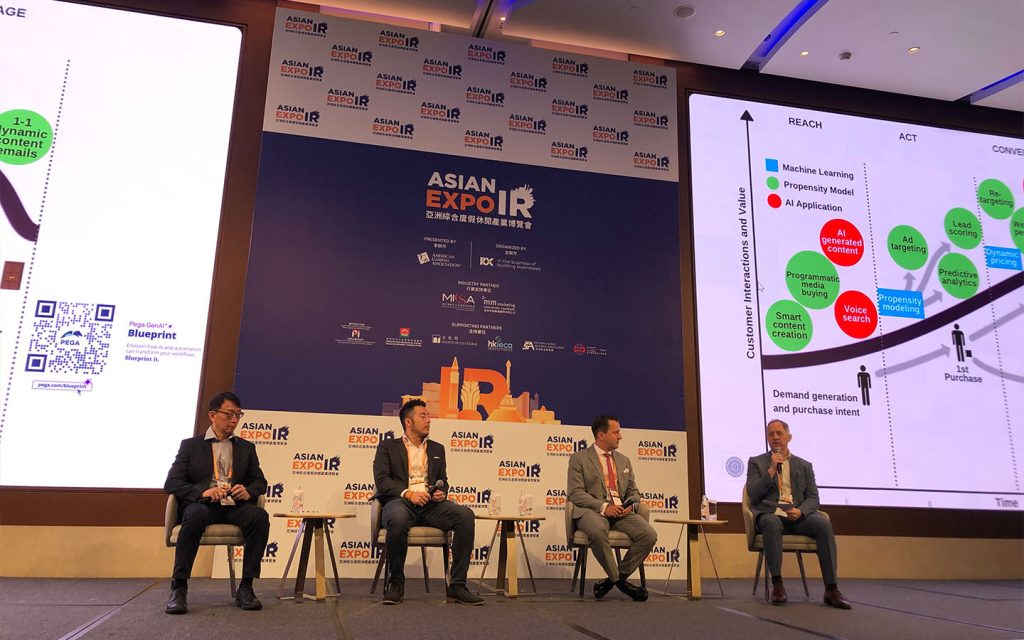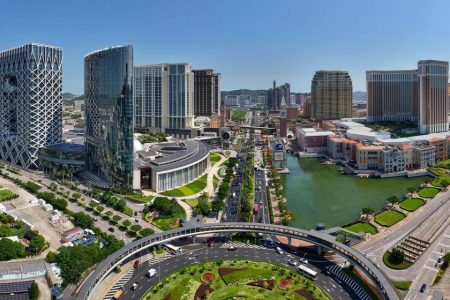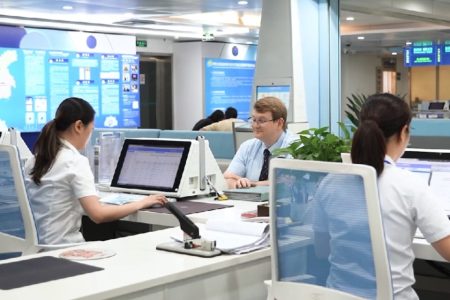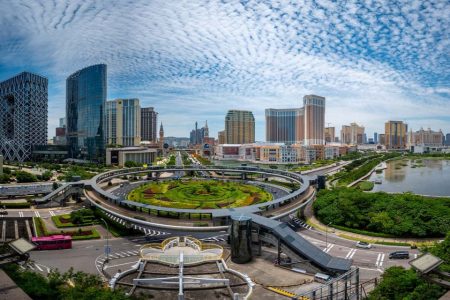To win over any potential customer, companies can no longer solely rely on their product or service offerings but must increasingly focus on elevating the entire client journey, from the initial reach to later-stage engagement.
“The experience is what keeps the customer coming back,” commented Andrew Pearson, managing director of Intelligencia Limited, a Macao-based software consulting company, who spoke during last Wednesday’s session of the Asian IR Summit.
In his presentation entitled “Future Trends of IR Technology,” Pearson began by quoting author Kate Zabriskie, that “the customer’s perception is your reality,” underscoring that regardless of what the underlying business is, it is ultimately reputation that draws in and fosters enduring customer loyalty.
[See more: Macao’s tourism chief outlines vision for 2025 in Asian IR Summit keynote]
That business to customer (B2C) relationship is progressively influenced by rapidly innovative technologies, Pearson said, emphasising that it is not only senior leadership employing digital strategies to improve operational efficiencies, but also tech savvy customers demanding a level of personalisation that is becoming harder to meet.
Generative AI, large language models, and image generators can potentially handle a multitude of roles within the customer life cycle, allowing businesses to assess current demands while also anticipating future trends.
“From smart content creations and ad-targeting to dynamic pricing, AI powered personalisation occurs when businesses transform their customer interaction from static campaigns to scalable conversations, evolving the decision-making process towards a simulation that represents what is most likely to happen next,” says Pearson.

Technology for boosting IR marketing
Pearson exemplified the disruption of generative AI videos by sharing writer-producer Tyler Perry’s decision to postpone a billion-dollar studio expansion on account of the technology’s near life-like ability to create bespoke visual advertisements. But while some software solutions have been able to achieve seismic shifts in understanding and contextualising customer experiences, others have fallen short for non-technical reasons.
Following his presentation, Pearson moderated a panel entitled “Technology for Boosting IR Marketing” that included Stephen Tang, regional client director of Pegasystems; Yik Chuan Tan, principal solutions consultant of Denodo Technologies; and Vinzenz Rosa de Pauli, Sofitel Macau general manager. The panel of industry experts was looking how to meaningfully fit these technological advancements throughout integrated resorts like those in Macao.
Both Tan and Tang shared the importance of data credibility from which generative and other AI agents based their algorithm training, mentioning the challenges of incorporating informal or external sources like social media or other online interactions to build a holistic view of the customer base.
However, frustration with chatbot interactions can undermine the brand reputation that executives are striving to enhance. Pearson had earlier quoted author Leslie Anderson, who described working with virtual assistants as speaking with a metaphorical troll guarding a bridge, comparing the frustration of navigating an often confusing network of options, which often felt like solving a riddle just to move an enquiry forward.
[See more: Opinion: Why digital assets could be key to Macao’s economic diversification strategy]
Our customers are rational thinkers, Rosa de Pauli said in a question-and-answer session. If they are paying for a high-end luxurious experience that we offer, they want a person to help them with their needs, not to talk to a machine.
“The human touch will never disappear, and should never disappear” he commented, voicing support for software consultancy groups like Pegasystems and Denodo Technologies to come up with good solutions for the hospitality industry.
The panel concluded in a similar fashion to Pearson’s opening address when he mentioned that while generative AI is having its moment in the digital sun, he stressed that the human component is unlikely to go away anytime soon.
The speaker quoted Pablo Picasso’s “art is the elimination of the unnecessary,” highlighting that the renowned artist likely never considered that art’s unnecessary elements could be what humans contribute, hinting that creativity will remain human driven.






